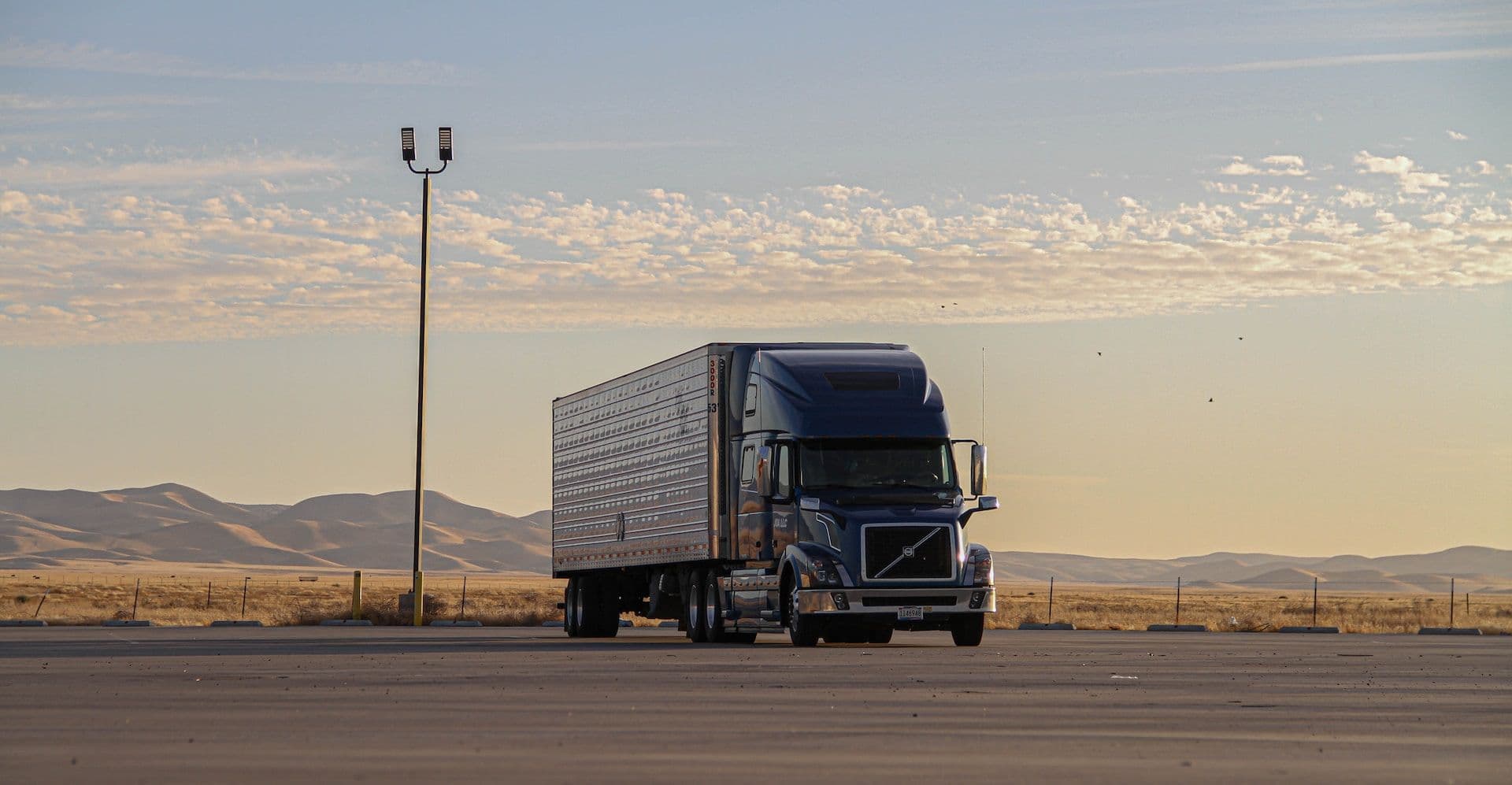Truck Fuel Economy Reaches New Heights: A Look into NACFE's Fleet Fuel Study
![]()
(Source: The North American Council for Freight Efficiency)
On Monday, the North American Council for Freight Efficiency released its 2024 Fleet Fuel Study, revealing substantial gains in truck fuel economy. Participating fleets achieved an average of 7.77 mpg, notably surpassing the 2023 national average of 6.9 mpg. By efficiently operating 75,000 trucks, these fleets saved an estimated $512 million in 2023 by optimizing fuel costs per tractor.
The NACFE study examined 86 technologies aimed at boosting freight efficiency, emphasizing fuel--a significant component of fleet operating expenses. Adoption of these technologies has risen from 17% in 2003 to 42% in 2023, demonstrating the industry's commitment to efficiency. "The overall adoption rate for the technologies studied in this report has grown from 17% in 2003 to 42% in 2023," stated Yunsu Park, NACFE's Director of Engineering.
Fuel efficiency advancements stem from more economical tractors, a result of stricter greenhouse gas emissions regulations. However, the transition to shorter, regional hauls presents challenges, as trucks navigate more non-interstate and local roads. An innovative approach saw fleets shifting tractor colors to lighter shades like white and grey to reflect more sunlight and ease HVAC system demands, as highlighted by Jason Cannon.
ATRI Releases Trucking Congestion Cost Data
![]()
(Chart: American Transportation Research Institute)
In its 2024 update, the American Transportation Research Institute reported that highway congestion imposed a $108.8 billion cost on the trucking industry in 2022, marking a 15% increase from the previous year. This equates to 430,000 truck drivers idly parked for a year, incurring $7,588 per registered truck.
Congestion also resulted in wasted fuel, with 6.4 billion gallons of diesel squandered, adding $32.1 billion in costs and emitting 65.4 million metric tons of carbon dioxide.
Efforts to address congestion via the Infrastructure Investment and Jobs Act dedicated $52 billion to highways; however, strategic investments targeting congestion hotspots remain critical, as per the report.
FMCSA Speed Limiter Proposal Delayed to May 2025
![]()
(Photo: Jim Allen/FreightWaves)
The FMCSA's speed limiter proposal for commercial vehicles faces a postponement until May 2025. While a new administration might lower the rule’s enactment chances, advocacy against the mandate continues, including the DRIVE Act, which seeks to prevent FMCSA from enforcing speed limiters.
SONAR Spotlight: Outbound Tender Rejection Rates Surge
![]()
(Source: SONAR)
Outbound tender rejection rates have climbed to levels unseen since July 2022. With reduced truckload capacity and shipping uncertainties, carriers face favorable conditions. RFP adjustments and shifting logistics illustrate shippers’ reactions to potential tariffs.
The Routing Guide: Links From Around the Web
- New Data Implies Tighter Freight Capacity Than Official Job Numbers Suggest
- First-half 2025 Dry Van Truckload Outlook: Improving Conditions Ahead
- [Despite Win on Appeal, TQL Wants Supreme Court to Review Broker Liability Issue](Help Center)
Like the content? Subscribe to the newsletter here.
The post Truck Fuel Economy Reaches New Heights: A Look into NACFE's Fleet Fuel Study appeared first on FreightWaves.


